
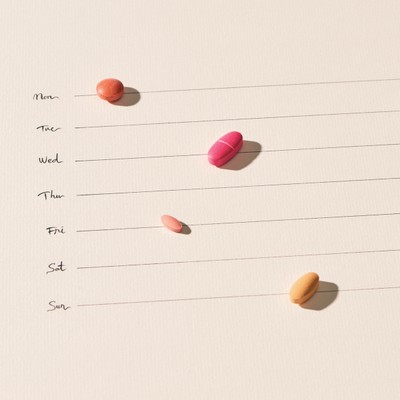
The Supplements To Take In Your 50s, 60s & 70s
In Your 50s…
Look After Your Bones
“Oestrogen levels plummet as women pass through the menopause transition. In fact, we lose 10% of our bone mass and for 25% of women this figure is higher, which means our bodies require a greater supply of calcium. Vitamin D is also essential to help the absorption of calcium and supports bone formation. Look for a vitamin D supplement that contains D3, which studies show is the most effective form of vitamin D when it comes to raising levels and keeping them raised in the long-term. Aim for a supplement that contains 600 international units and take this daily. If you’ve been told by your GP you have a calcium deficiency, if you’re vegan or don’t eat dairy, then consider taking a combined calcium/vitamin D supplement.” – Kathryn Danzey, founder of Rejuvenated
Don’t Forget About Gut Health
“Gut health is of key importance at this stage in life as a healthy digestive system determines how well you absorb nutrients. Plus, as we age, the digestive system is prone to become sluggish. The trillions of probiotic species in the gut play a vital role in immunity, absorption of nutrients, elimination of toxins and in the production of energising B vitamins. I recommend Victoria Health Mega Probiotic ND, which contains multiple strains of beneficial bacteria that can reach the gut intact.” – Shabir Daya, MRPharmS and co-founder of Victoria Health
Get On Top Of Hormones
“If you’re still in the menopause and looking for an alternative to HRT, consider a phyto-oestrogenic supplement such as sage complex, which mimics female hormones and helps alleviate common menopause symptoms such as hot flushes and night sweats. Once you’ve passed the menopause, you can either stop taking sage complex or continue to take it to offer some protection against ageing skin, heart and joints.” – Shabir
Reduce Inflammation
“Omega-3 essential fatty acids play a vital role in reducing inflammation in the body. They also aid with nerve growth and repair, reduce plaque build-up and promote joint flexibility. They are called essential fatty acids because the body can’t make them. The best sources are found in fish and krill oil – try Life & Soul’s Pure Omega-3 Fish Oil or Neubria Krill Oil Capsules. If you’re vegan or vegetarian, Echiomega capsules offer a better source of omega-3s than vegetarian sources like flaxseed and hemp seed oil supplements, which aren’t absorbed as well by the body.” – Shabir
Incorporate A Multivitamin
“A well-rounded multivitamin can help prevent any nutrient deficiencies as well as support energy levels and a healthy immune system. Look for a food state multivitamin, which are far superior to standard multivitamin supplements as the nutrients are naturally combined with food sources to enable greater absorption and utilisation by the body. I rate TerraNova Living Multinutrient Complex.” – Shabir
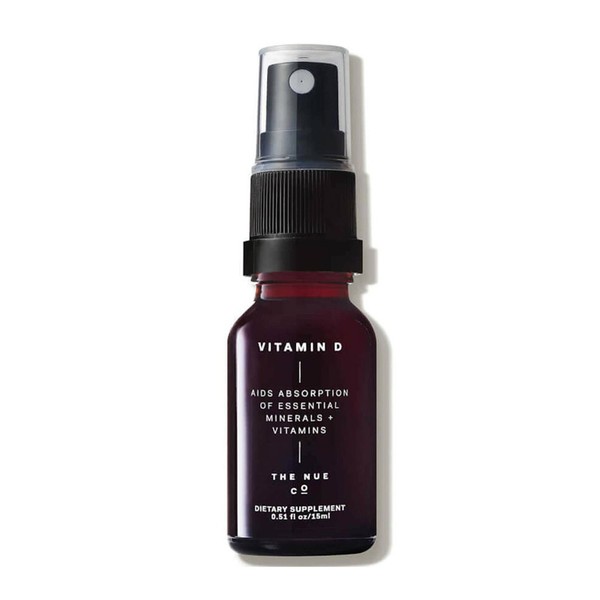
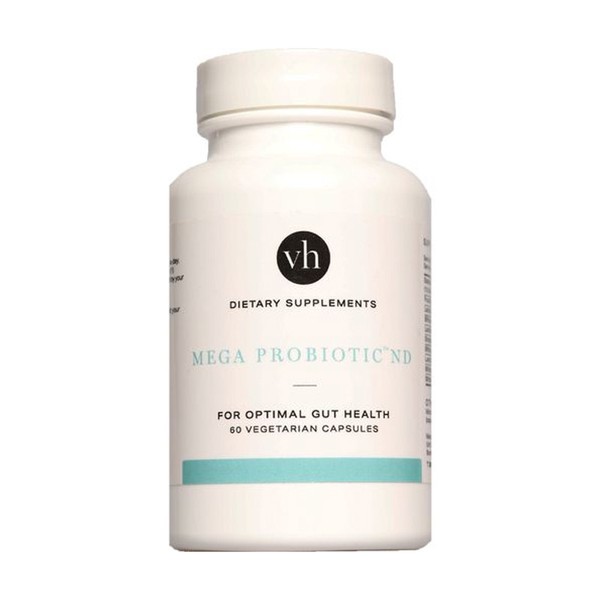
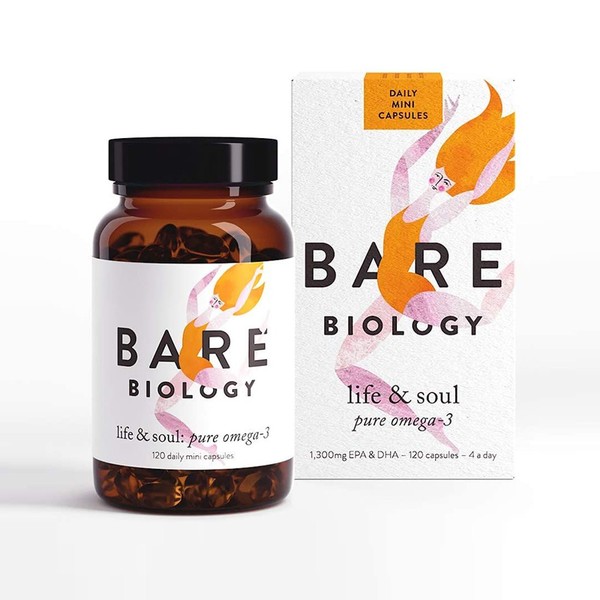
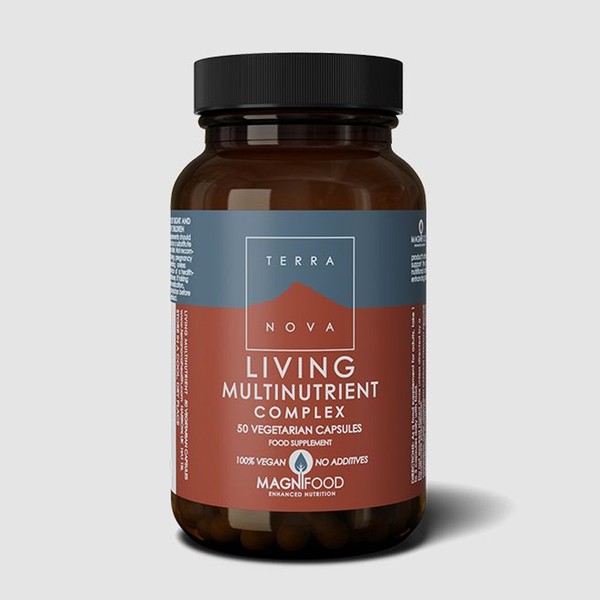
In Your 60s…
Stock Up On Digestive Enzymes
“Our digestive system does not produce sufficient digestive enzymes as we age, meaning the body struggles to break down carbohydrates, fats and protein as efficiently as it once did. This not only means we struggle to absorb all the nutrients from the foods we eat, but also means food can stagnate in the gut, leading to slower bowel movements and constipation. Life Extension’s Enhanced Super Digestive Enzymes can be taken just before or during a meal to ensure complete breakdown of food.” – Shabir
Top Up With B12
“As we age, many of us lose a protein that transports vitamin B12 from the intestines into the bloodstream, meaning we can become deficient. If you’re in any doubt, ask your GP to check your levels. Vitamin B12 plays an integral role in energy production – it enhances concentration and prevents cognitive decline; helps make melatonin, the sleep hormone; supports the formation of red blood cells, which carry vital oxygen to our tissues; and is needed for the production of digestive enzymes that convert carbohydrates into sugar for energy. If you’re deficient in vitamin B12, there’s no point taking oral tablets or capsules as these get broken down in the stomach. Instead, try lozenges, which are more efficiently absorbed, and take it in the morning to raise energy levels.” – Shabir
Consider Using Protein Powder
“Ageing bodies process protein less efficiently and you need more of it to maintain muscle and bone mass. Yet up to one third of adults in their sixties don’t eat enough protein for varying reasons, including reduced appetite, dental issues, impaired taste and swallowing difficulties. A low protein intake combined with a sedentary lifestyle have all the makings of hindered mobility, slower recovery from illness and deteriorated muscles. Some studies suggest you should increase your protein intake by 50% as you age, which means an average of 82g for women. To give you a perspective, a glass of milk provides 8g, half a cup of lentils 9g and a chicken breast 25g. Consider supplementing with extra protein – I rate NuZest Clean Lean Protein, which provides all nine amino acids (the building blocks in protein).” – Shabir
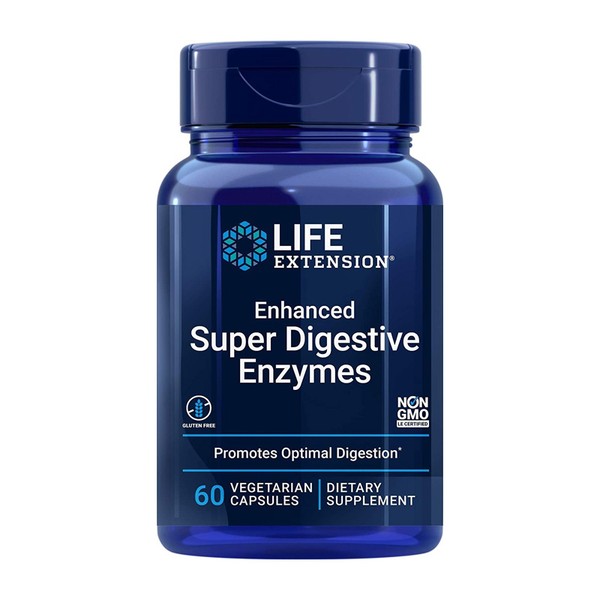
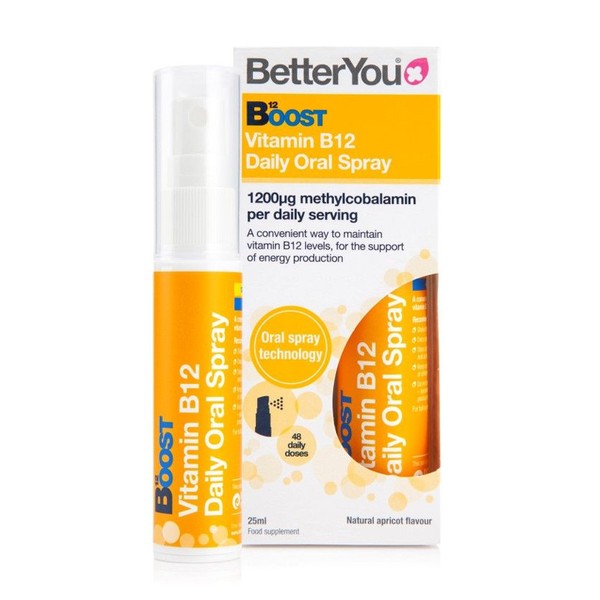
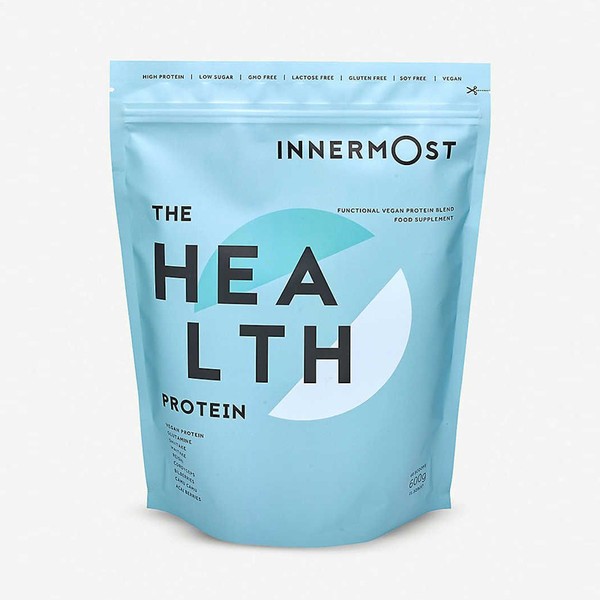
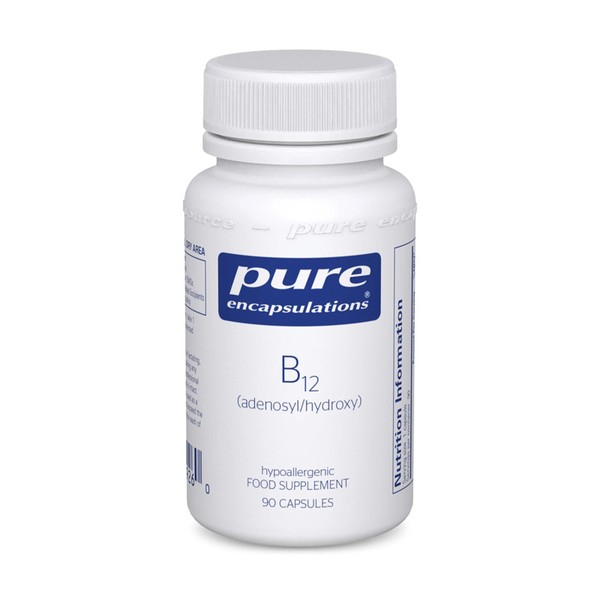
In Your 70s…
Think Alkaline
“Once you reach your seventies, you should think about supporting your body from a metabolic perspective because, as we age, the body becomes more acidic. A more acidic body has been linked to the progression of several diseases and puts the body under stress. Signs your body is becoming more acidic include headaches, joint pain, dizziness, memory loss, insomnia and bladder infections such as cystitis. Eating a more alkaline diet will support the body – green leafy vegetables, citrus fruits, seaweed, avocado, bananas and sweet potatoes are all very alkaline – but taking a supplement can also help. Try MRL Evolve, an all-in-one alkalising formula.” – Marie Reynolds, wellness and skincare expert
Support Collagen Production
“Collagen is the most abundant protein in the body – it’s the key building block for everything from the connective tissue in our vital organs to giving structure to hair, skin, nails, bones, muscles, ligaments and tendons. In fact, collagen plays an underrated role in helping joints and muscles to stay strong. Collagen becomes even more important in your sixties and seventies. Taking a good-quality collagen supplement will give the skin more elasticity to protect from skin tears and aid wound healing. Look for a high-strength marine collagen supplement that contains 10,000mg for maximum benefits.” – Kathryn
Aid Concentration
“Cognitive function may need some additional support at this time, so look for a formula that contains zinc, vitamin B12, vitamin B3, vitamin B5 and folic acid (ideally in the form of folate), which have been shown to help with concentration, memory recall and energy levels. MRL Focus is a powerful supplement that contains all these nutrients to support the ability to think more clearly.” – Marie
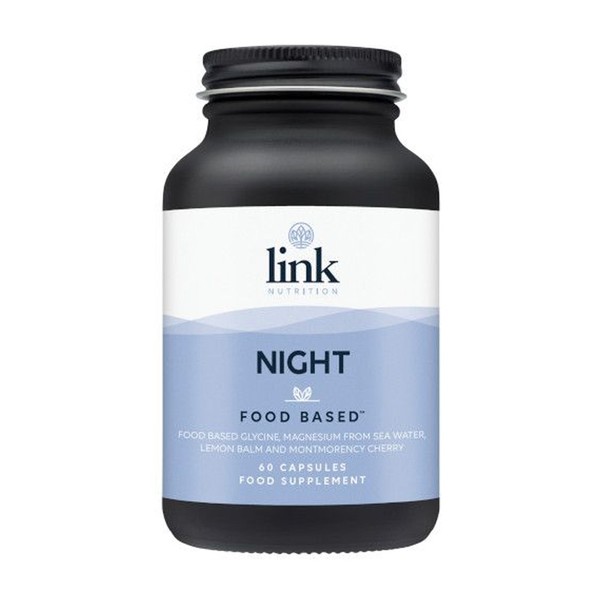
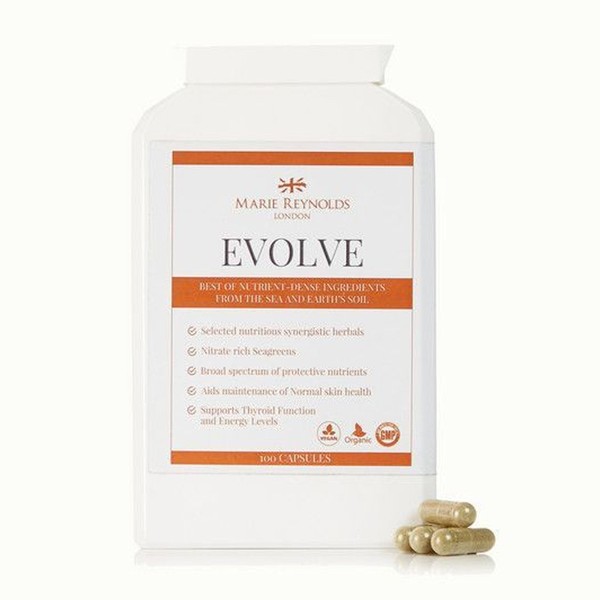
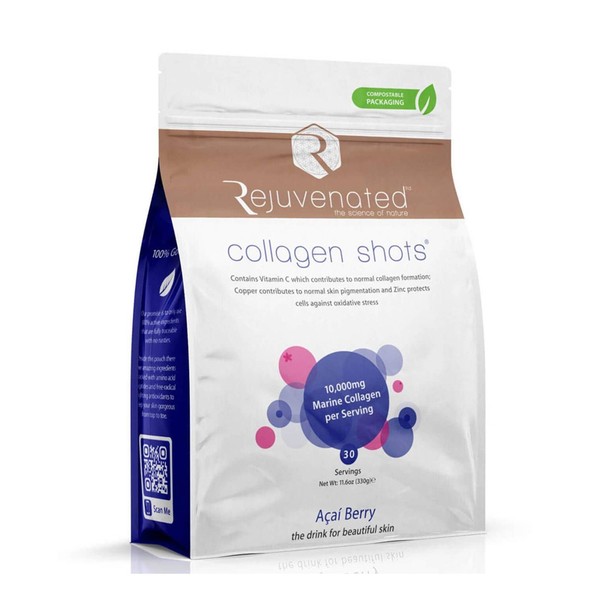
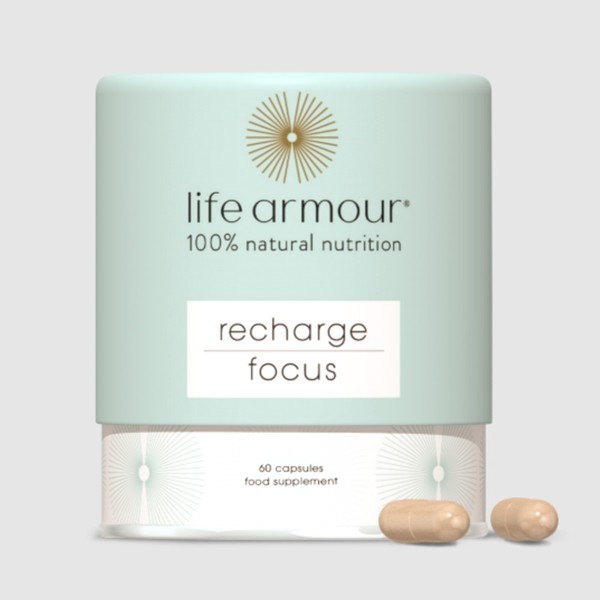
For more, visit VictoriaHealth.com, MarieReynoldsLondon.com and Rejuvenated.com
DISCLAIMER: Features published by SheerLuxe are not intended to treat, diagnose, cure or prevent any disease. Always seek the advice of your GP or another qualified healthcare provider for any questions you have regarding a medical condition, and before undertaking any diet, exercise or other health-related programme.
DISCLAIMER: We endeavour to always credit the correct original source of every image we use. If you think a credit may be incorrect, please contact us at info@sheerluxe.com.

